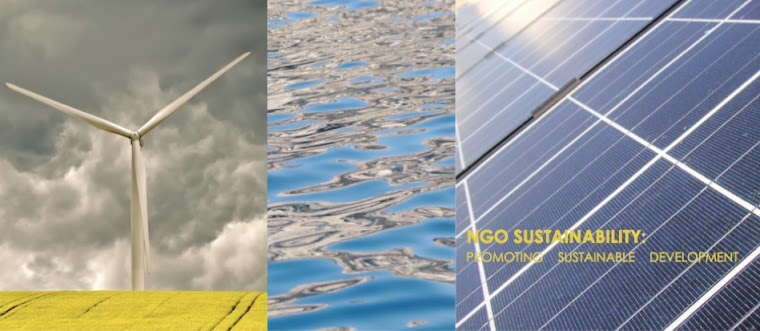Thursday, 2 June 2011.
United Nation Headquarters
The Thematic Debate on Green Economy aimed to strengthen the understanding of green economy and of what the international community, each Member State and local communities can do to transition to green economy.
A green economy seeks to correct the systemic market and institutional shortcomings of the prevailing development model and thereby make economies a more effective tool for achieving sustainable development. A green economy consists of a range of public policy approaches (e.g., expenditures, taxes, regulations, institutional frameworks) and private sector actions that fix markets and institutional failures. Which approaches and actions are most suitable will vary between nations, depending on their current stage of economic development, natural resource base, human and social capital and other conditions.
Where sustainable development is the destination, green economy offers a pathway.
“A green economy in the context of sustainable development and poverty eradication” is one of two major themes of the upcoming United Nations Conference on Sustainable Development (Rio +20) in June 2012.
Panel One: Opportunities and Challenges of Green Economy
Examples of the implementation of the green economy exist throughout the world, demonstrating positive contributions to sustainable development. At the same time, concerns have been raised that green economy could trigger trade protectionism and conditionalities on development aid. This panel discussed the characteristics of green economy, its potential for achieving sustainable development and the remaining questions regarding green economy.
The key points discussed during Panel One were:
o Diversified approach needed
o Tax revenues must be used efficiently
o Need for sharper definition of green economy (although everyone agrees it signifies a pathway to sustainable development)
o Subsidies on food and energy
o Local imperatives: local leaders must champion green economies
o Technology transfers for eco-innovation
Panel Two: Transitioning toward Green Economy
This panel discussed these approaches, including proven policies and actions that institutions at the local, national and international levels can take.
The key points discussed on Panel 2 are:
· Package of goals
o Universal access to energy by 2030
o Promotion of energy efficiency by 2030
o Renewable resources accessible by 2030
· Green economy cannot be protectionism
o Green growth – maximizing environmental benefits and new opportunities
o Create green jobs
o “Greening” national accounts
For more information: http://www.un.org/en/ga/president/65/initiatives/ge.shtml

No comments:
Post a Comment